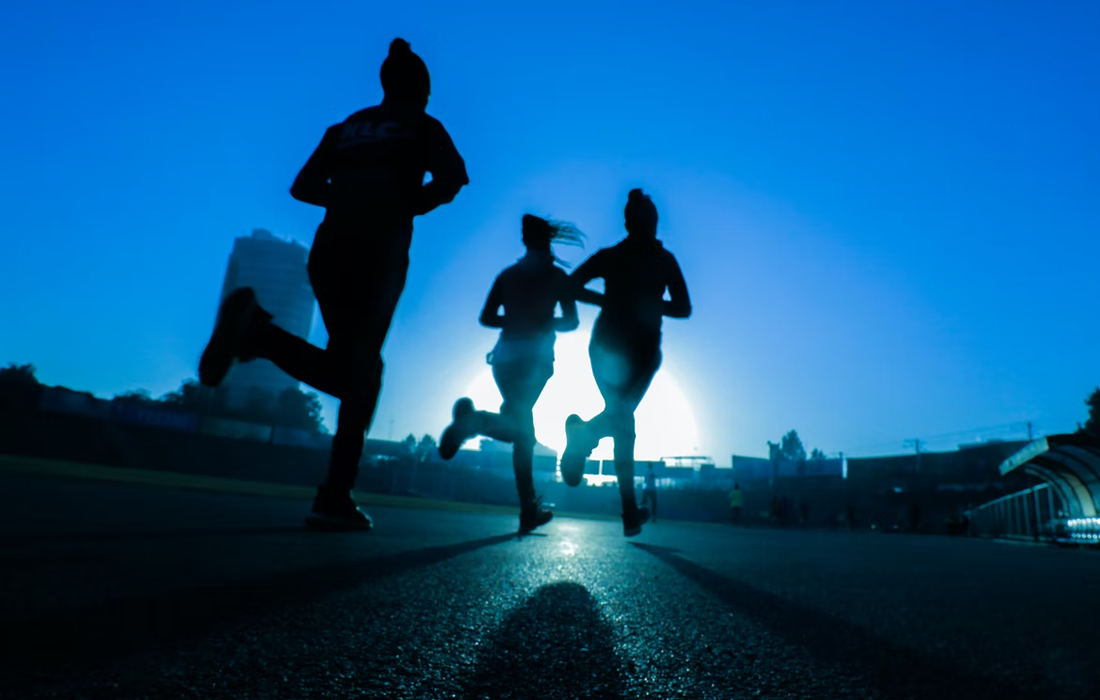Regenerative Medicine News and General Information
Does Exercising at Night Affect Sleeping?
Exercise is defined as any movement that makes your muscles work and requires your body to burn calories. Being active has shown to have many health benefits. It can help increase your physical and mental health and even help us live longer.
Physical exercise and sleep are reciprocally related through multiple physiological and psychological processes. In general, research has shown small-to-moderate beneficial effects of acute, low-to-moderate intensity exercise on sleep quantity.
Current sleep hygiene recommendations, however, have advised against high-intensity exercise (HIE) within ~3 h prior to bedtime due to potential nighttime sleep disruption. More specifically, in some studies, HIE in the late-evening has shown to increase psychophysiological stress, shift circadian phase, increase arousals, cause sympathetic hyperactivity, elevate core body temperature (CBT) and interfere with nocturnal CBT decline.
New Study on Sleep and Exercise
A new study from researchers from Concordia University did an analysis of the data from previous studies dealing with the effect of high-intensity training exercise to sleep. They review literature dealing with this topin in 6 major scientific databases. They included 15 trials involving a total of 194 individuals, between ages of 18 to 50. Each study used either objective measures, like polysomnography or actigraphy, or the participants’ subjective judgment to assess how high-intensity exercise had affected people’s sleep.
They found that when exercise ended at least 2 hours before bedtime, people fell asleep more quickly and slept for longer. However, if exercise ended less than 2 hours before bedtime, the opposite occurred. People took longer to fall asleep and did not sleep as long.
The researchers found that exercise performed between 30 to 60 minutes of time also improved sleep onset and duration. Also, cycling exercises were the most beneficial in helping people fall asleep and sleep deeply.
They also mentioned that high-intensity exercise, no matter when it occurred, slightly decreased the rapid-eye-movement (REM) state of sleep. REM sleep is associated with dreaming and studies suggest that decreased REM sleep may have negative effects on cognitive tasks.
What is the Best Time for Exercise?
According to the researchers’ results, evening high-intensity exercise performed 2 to 4 hours before bedtime does not disrupt nighttime sleep of healthy, young and middle-aged adults.
The results suggest that an evening of high-intensity exercise may be beneficial for nighttime sleep quality, if it’s completed earlier in the evening. However, if you exercise closer to the time you settle down for the night, it could disrupt your sleep.
Regardless of the study results, experts suggest that you should tailor your exercise habits to your own individual body. It is important to see what works best for each of us, our energy and our sleep quality.
Sources:
Emmanuel Frimpong, et al. The effects of evening high-intensity exercise on sleep in healthy adults: A systematic review and meta-analysis. 2021. Sleep Med Rev. doi: 10.1016/j.smrv.2021.101535
Nancy Schimelpfening, MS (2021, October 5). Want a Better Night’s Sleep? Avoid Intense Workouts Less Than 2 Hours Before Bed. Healthline. Retrieved from:
Image from:
Photo by Fitsum Admasu on Unsplash

